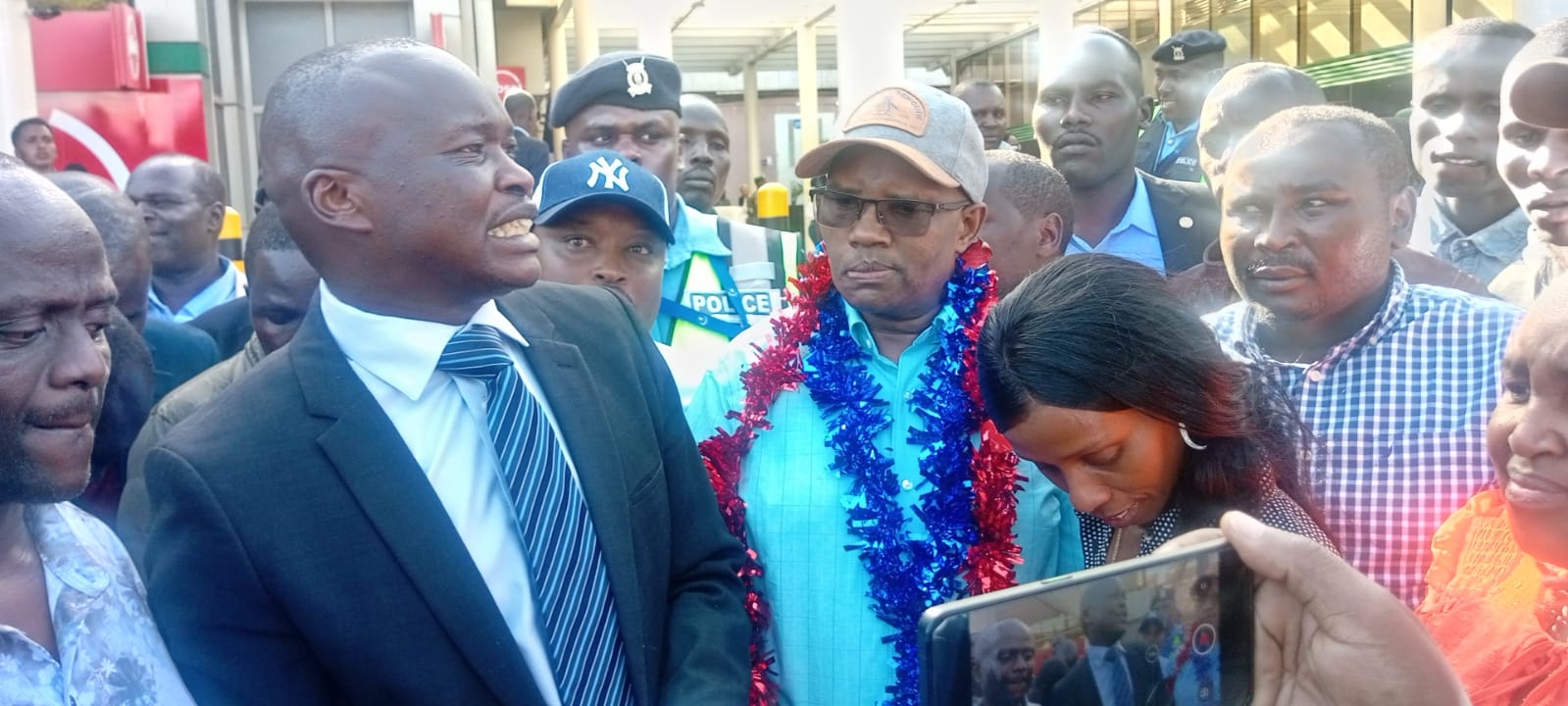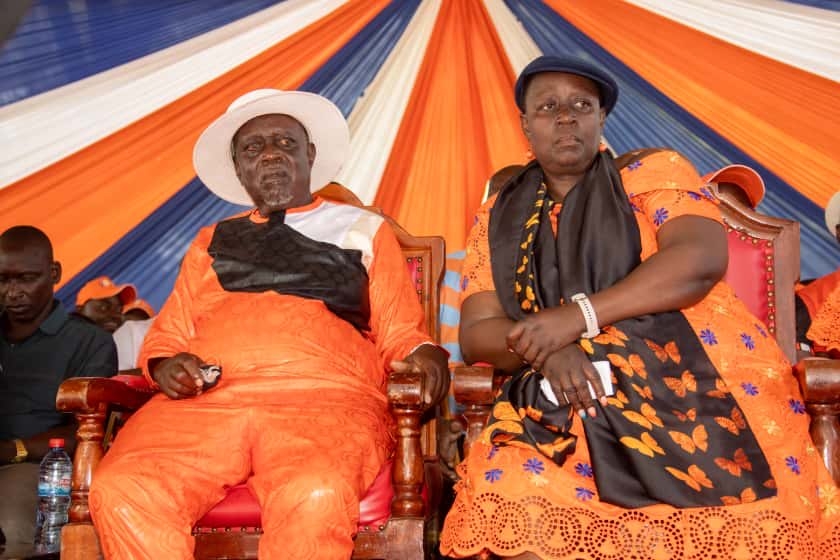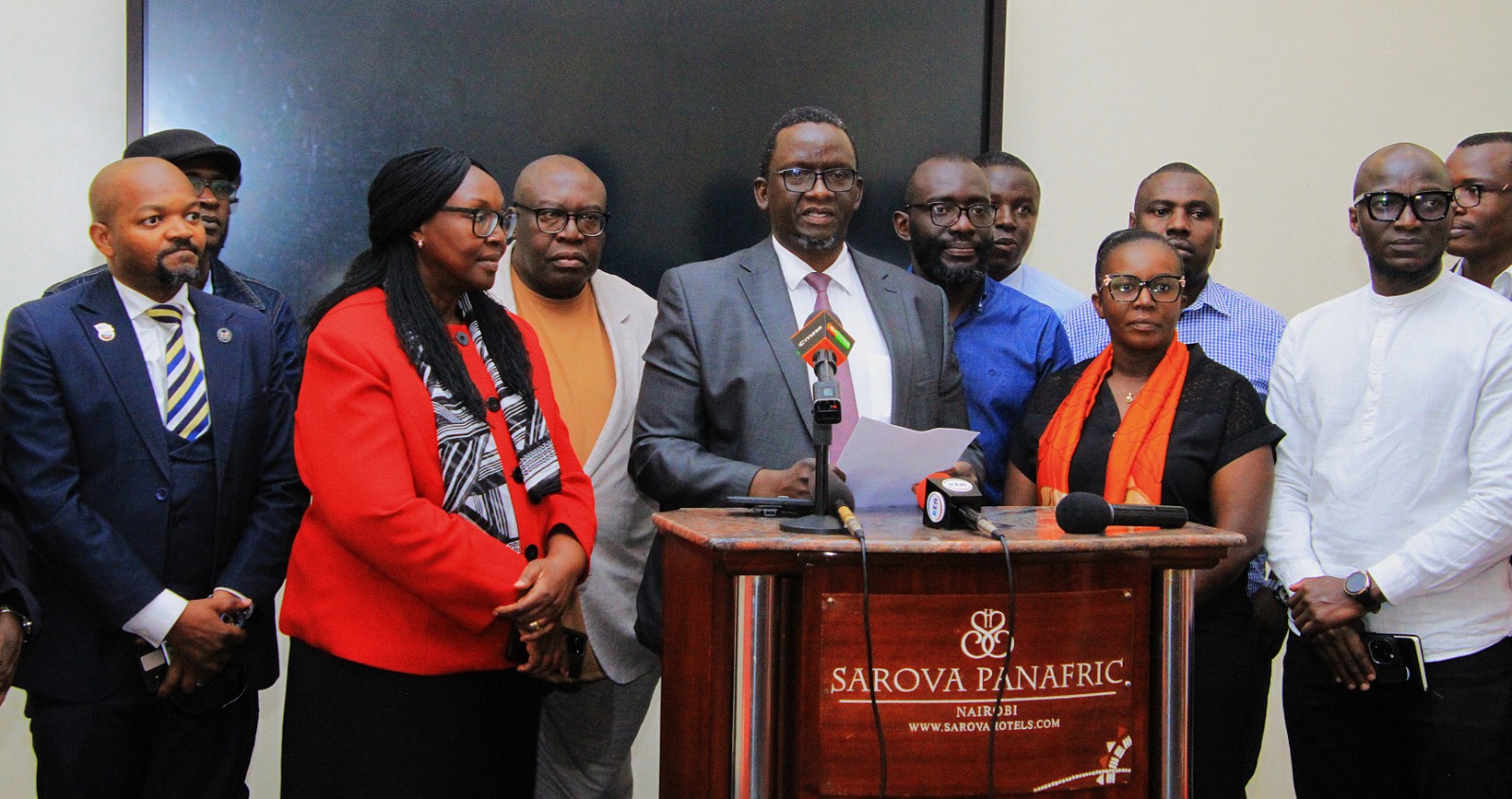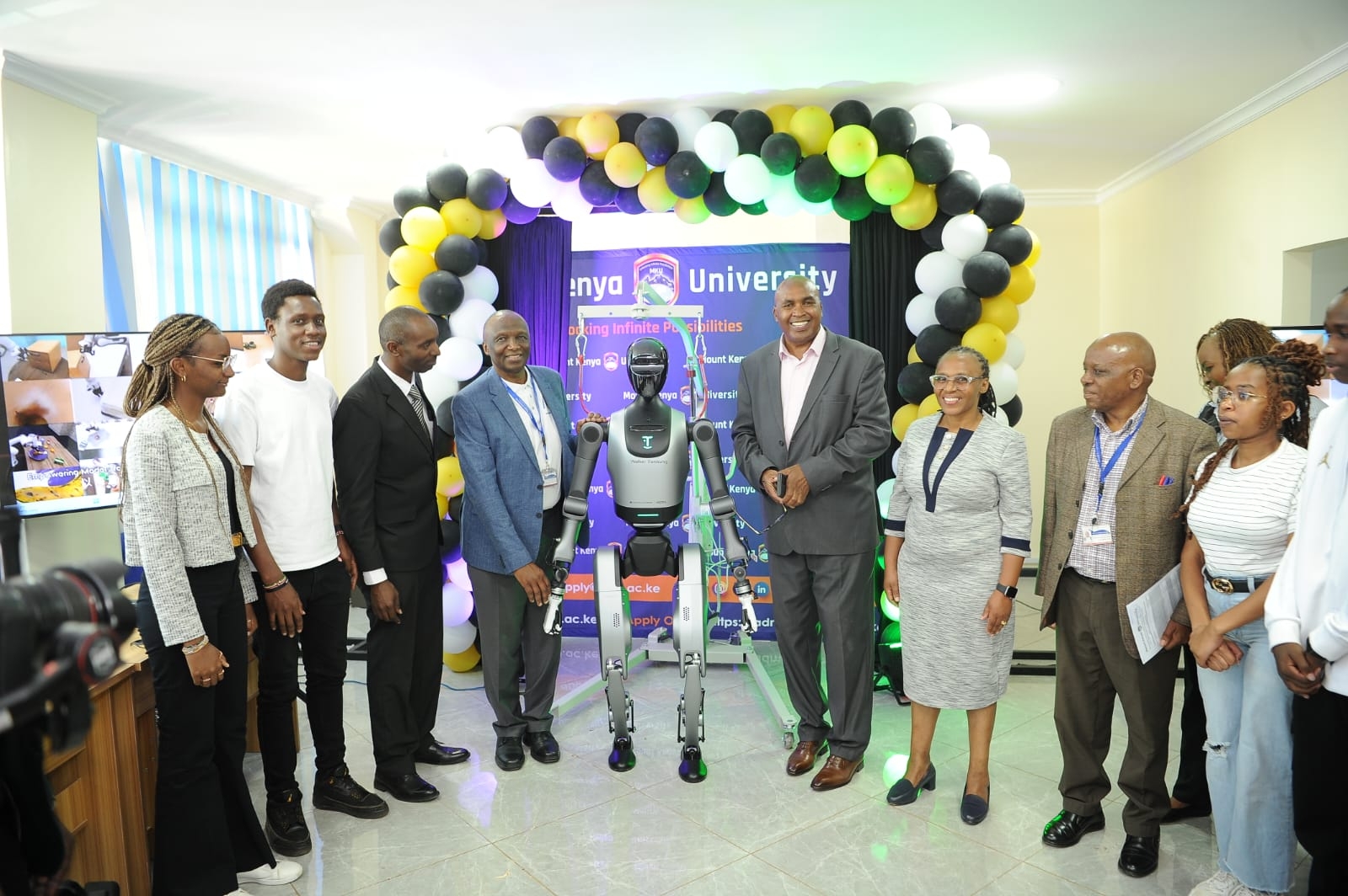Chief Justice Martha Koome has said her recent meeting with President William Ruto did not undermine the independence of the Judiciary.
The Chief Justice said dialogue with other branches of government to resolve challenges in the administration of justice does not undermine judicial independence.
“We can engage in constructive conversations that enable the institution to perform its role optimally while ensuring that we do not engage in discussions that dictate how the court cases should be decided. That must always remain a no-go zone,” Koome emphasised.
She made the remarks during a meeting bringing together Heads of Court to discuss judicial independence, performance and accountability.
The meeting, which ends on Wednesday, comes at a critical moment for the Judiciary, after recent events put the role of judges in the eye of a public storm.
Koome however said there was a need to examine how courts handle cases that affect public interest and policy.
“Concerns mainly relate to the timelines for hearing and resolving cases involving time-sensitive government programmes, especially when ex-parte orders are issued and the hearing dates are set many months later.”
Koome held a meeting with President William Ruto at State House on January 22 to address a stand-off arising from corruption claims on judges.
The claims were made by Ruto who accused unnamed judges of working with cartels to frustrate the government agenda.
But on Monday, Koome said it was critical to ask whether the courts handle public interest cases in a way that respects judges’ decisional autonomy.
“It is important that we reflect on our rules of procedure, especially the Constitution of Kenya(Protection of Rights and Fundamental Freedoms) Practice and Procedure Rules, 2013 and the Judicial Review Procedure Rules, and whether they facilitate speedy handling of time-sensitive public interest cases,” the Chief Justice told judges attending the meeting.
She said it was imperative to review the active case management practices to determine how to expedite the disposal of public interest cases.
CJ Koome reaffirmed that the Judicial Service Commission (JSC) was mandated to deal with allegations of corruption.
She added that the JSC is committed to strengthening investigative and complaints resolution processes.
She emphasised that Heads of Courts have a responsibility to motivate and inspire judges, judicial officers and staff under their administration.













